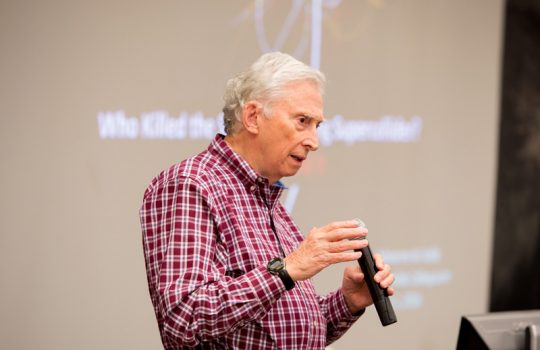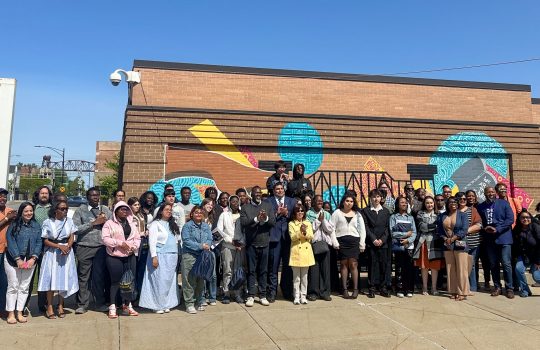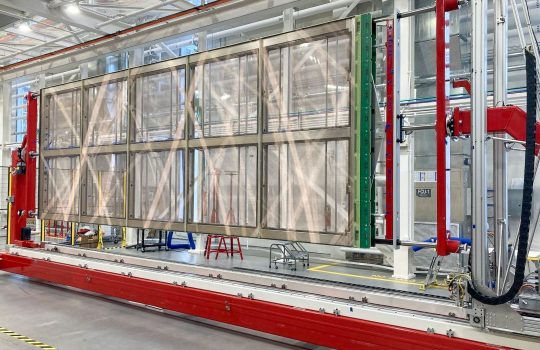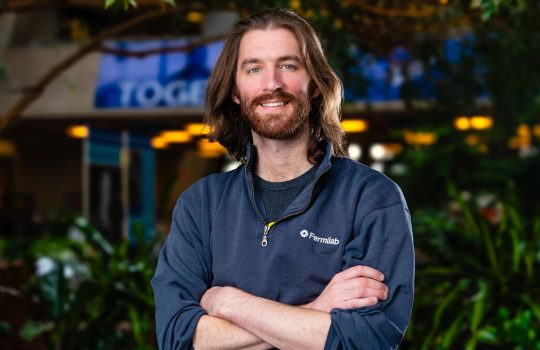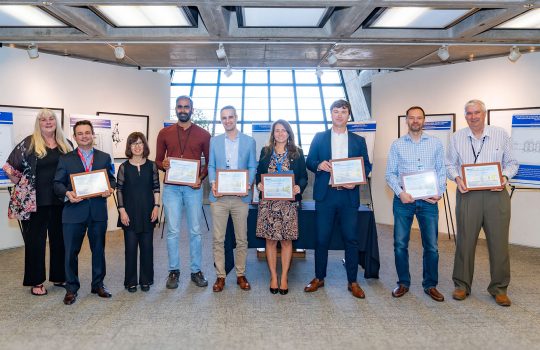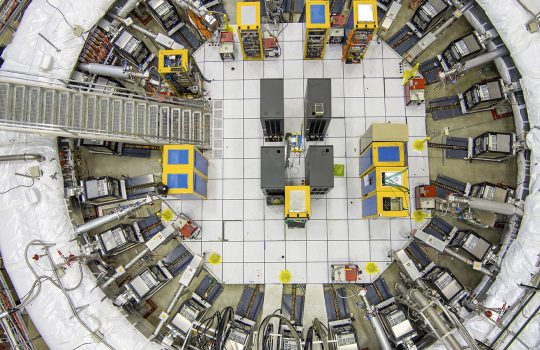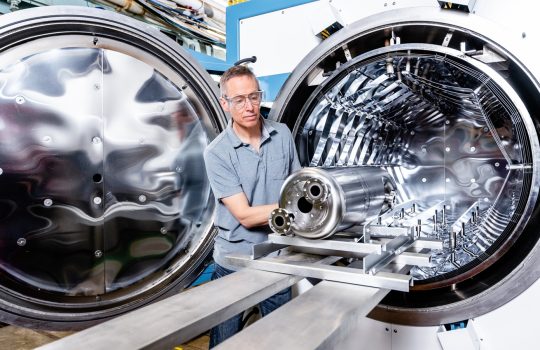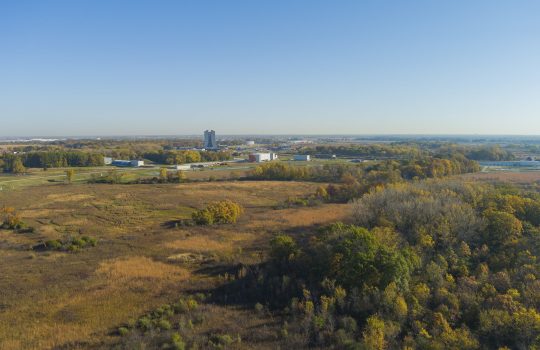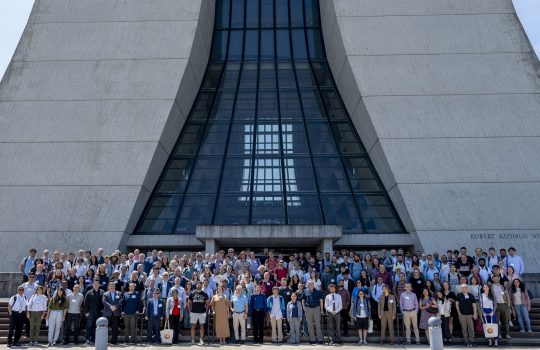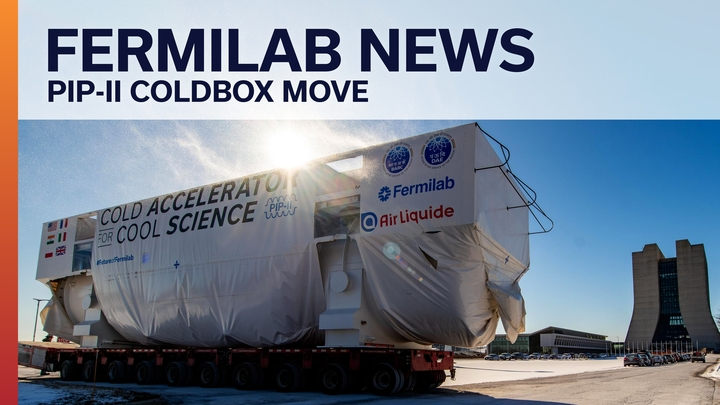Featured
Fermilab mourns the passing of John Peoples, third director
John Peoples passed away on June 25, 2025. He was the third director of Fermilab, remembered as a prolific physicist and a hands-on leader.
Recent news
Featured video
In the news
America’s Underground Lab celebrates annual Neutrino Day free citywide science festival July 12th
Fermilab will be participating in the 17th annual Neutrino Day in Lead, SD on July 12. The citywide science festival is free to all and will include a livestream underground tour of DUNE and a live with Fermilab crews.
.
Trio of Monmouth College students join national physics collaboration at Fermilab
Three women are spending their summer contributing to one of the largest and most ambitious physics experiments in the country — the Mu2e project at the Fermilab thanks to the DOE RENEW grant.
Stepping into SURF, the underground lab, and the fabric of our universe
South Dakota Public Broadcasting recently went underground in Lead, SD to learn about major projects at SURF. This includes Lux Zeppelin, CASPAR and DUNE.
Committee recommends U.S. build muon collider in report on future of particle physics
The National Academies of Science announced the result of a three-year study to set the vision for the next decades of particle physics. The study included a top recommendation to build a muon collider in the U.S. hosted at Fermilab.
Social media
More from particle physics

A communication resource from the world’s particle physics laboratories.

